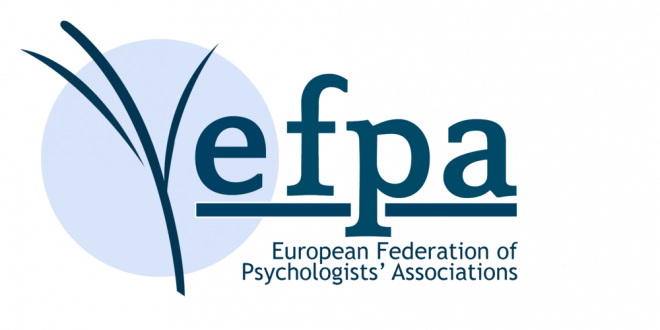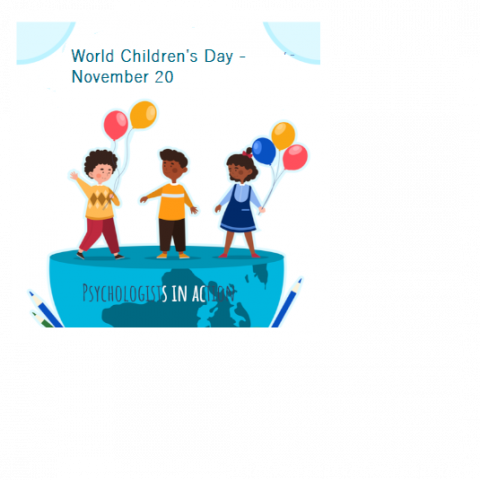[1] Masonbrink, A. R., & Hurley, E. (2020). Advocating for children during the COVID-19 school closures. Pediatrics, 146(3). doi.org/10.1542/peds.2020-1440
[2] Schwartz, A. E., & Rothbart, M. W. (2020). Let them eat lunch: The impact of universal free meals on student performance. Journal of Policy Analysis and Management, 39(2), 376-410. doi.org/10.1002/pam.22175
[3] Van Lancker, W., & Parolin, Z. (2020). COVID-19, school closures, and child poverty: a social crisis in the making. The Lancet Public Health, 5(5), e243-e244. doi.org/10.1016/S2468-2667(20)30084-0
[4]Liu, W., Zhang, Q., Chen, J., Xiang, R., Song, H., Shu, S., ... & Wu, P. (2020). Detection of Covid-19 in children in early January 2020 in Wuhan, China. New England Journal of Medicine, 382(14), 1370-1371.
[5] Xie, X., Xue, Q., Zhou, Y., Zhu, K., Liu, Q., Zhang, J., & Song, R. (2020). Mental health status among children in home confinement during the coronavirus disease 2019 outbreak in Hubei Province, China. JAMA pediatrics. doi:10.1001/jamapediatrics.2020.1619
[6] Zhou, S. J., Zhang, L. G., Wang, L. L., Guo, Z. C., Wang, J. Q., Chen, J. C., ... & Chen, J. X. (2020). Prevalence and socio-demographic correlates of psychological health problems in Chinese adolescents during the outbreak of COVID-19. European Child & Adolescent Psychiatry, 1-10. doi.org/10.1007/s00787-020-01541-4

